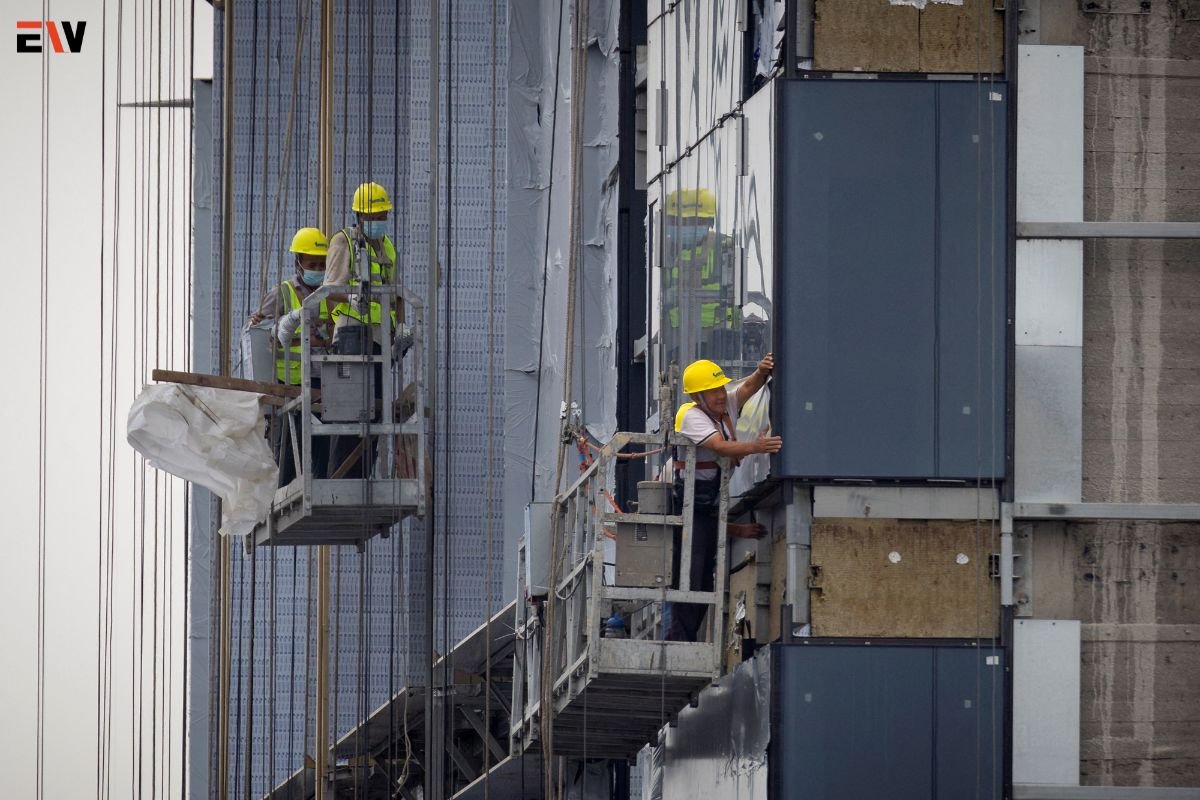Source – Reuters
Hong Kong’s Hang Seng Index Hits New High Amid Optimism
In a notable surge, Chinese stocks experienced a significant uptick on Thursday following announcements from a major city suggesting potential solutions to the country’s ongoing property crisis. Investors responded with enthusiasm, viewing these moves as potentially pivotal in addressing the challenges plaguing the real estate sector.
Market Reaction and Performance
Hong Kong’s benchmark Hang Seng Index soared by 1.6%, reaching its peak since August and marking a remarkable upswing from its low point in January. This rally, catapulting the index nearly 30% higher, has officially ushered it into a bull market as of earlier this month. Driving this surge were property developers, showcasing an average increase of 3.1% in their stocks’ value.
Among the notable performers, Longfor Group, the ninth-largest homebuilder in China, saw a remarkable 11% surge, claiming the top spot on the Hang Seng Index. Meanwhile, Sunshine 100 China Holdings, based in Beijing, witnessed an astounding 127% increase, emerging as the standout performer on the broader market.
Government Intervention Sparks Optimism
The market’s optimism was fueled by an announcement from a district within Hangzhou, a megacity in China, revealing plans for the government to directly purchase unsold residential properties from the market. These properties would then be converted into affordable housing units, potentially alleviating some of the pressures within the property market.
Analysts believe this move could serve as a trial for a larger-scale solution to the country’s property crisis, with speculations rife that the Chinese government may consider similar measures on a national scale. The National Development and Reform Commission further bolstered these expectations by pledging to promote affordable housing and explore innovative models within the real estate sector.
Cautious Optimism Amid Funding Concerns
While the market responds positively to these developments, fund managers remain cautiously optimistic. While acknowledging the potential benefits of government-led initiatives to purchase unsold units, concerns linger regarding funding issues and the scalability of these measures across multiple cities.
Long-standing Property Crisis and Economic Impact
China’s persistent property crisis has posed significant challenges to the economy, prompting nationwide protests by disillusioned homebuyers. The government has responded with various measures, including relaxing home-purchase restrictions in several major cities such as Hangzhou, Xi’an, and Chengdu.
Investor Confidence on the Rise
The recent uptick in Chinese stocks reflects a broader trend of investors regaining confidence in the market. This resurgence follows a prolonged period of sell-offs, which saw key indexes in Hong Kong and Shanghai plummet to their lowest levels in years, resulting in significant losses for listed companies. The Nasdaq Golden China Index, tracking Chinese firms listed on Wall Street, has seen an 11% increase since April, reaching its highest point in over seven months on Monday.
As investors monitor further developments in China’s property market and await concrete action from the government, the trajectory of Chinese stocks remains intertwined with the prospects for resolving the country’s housing crisis.










